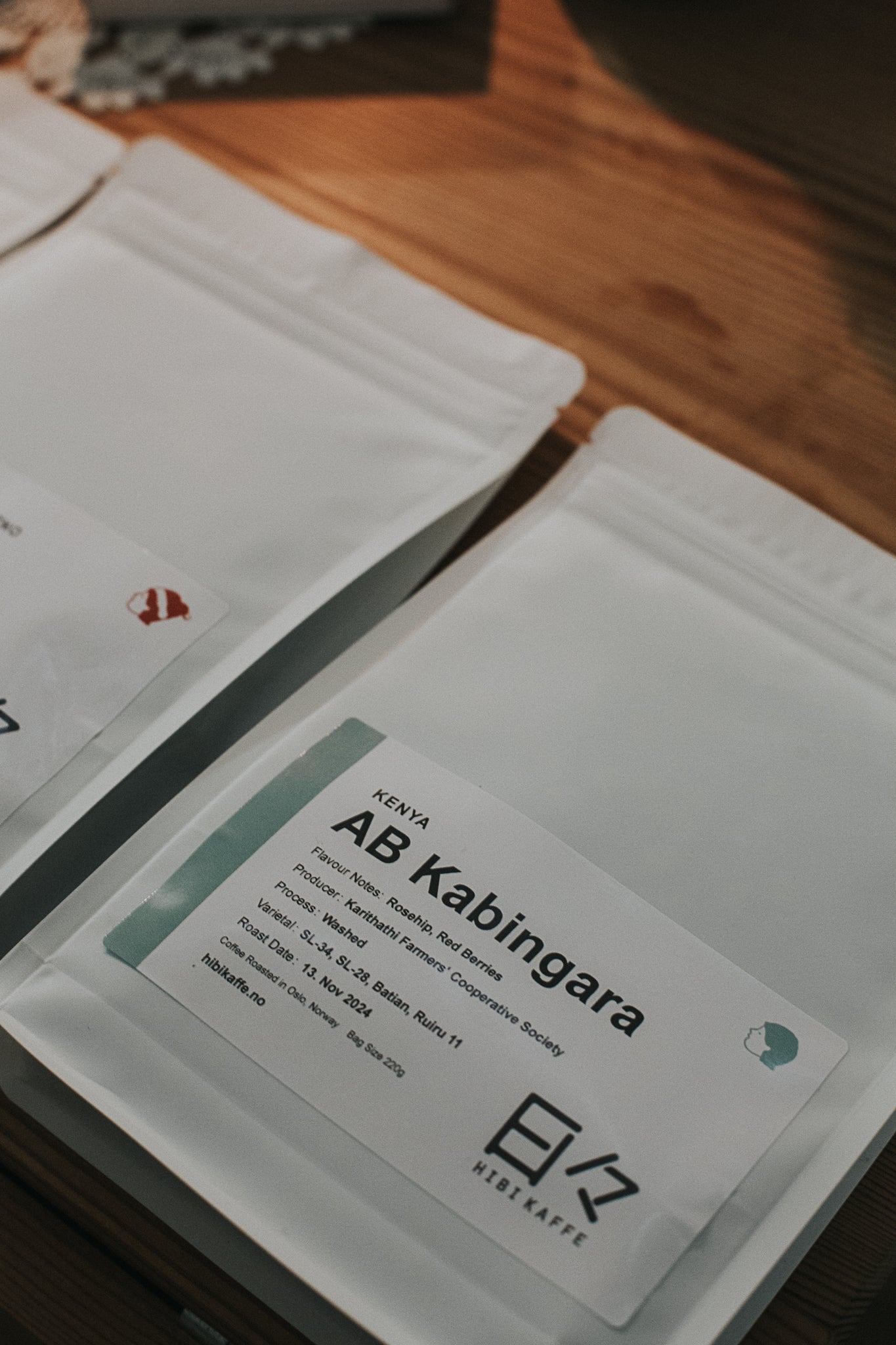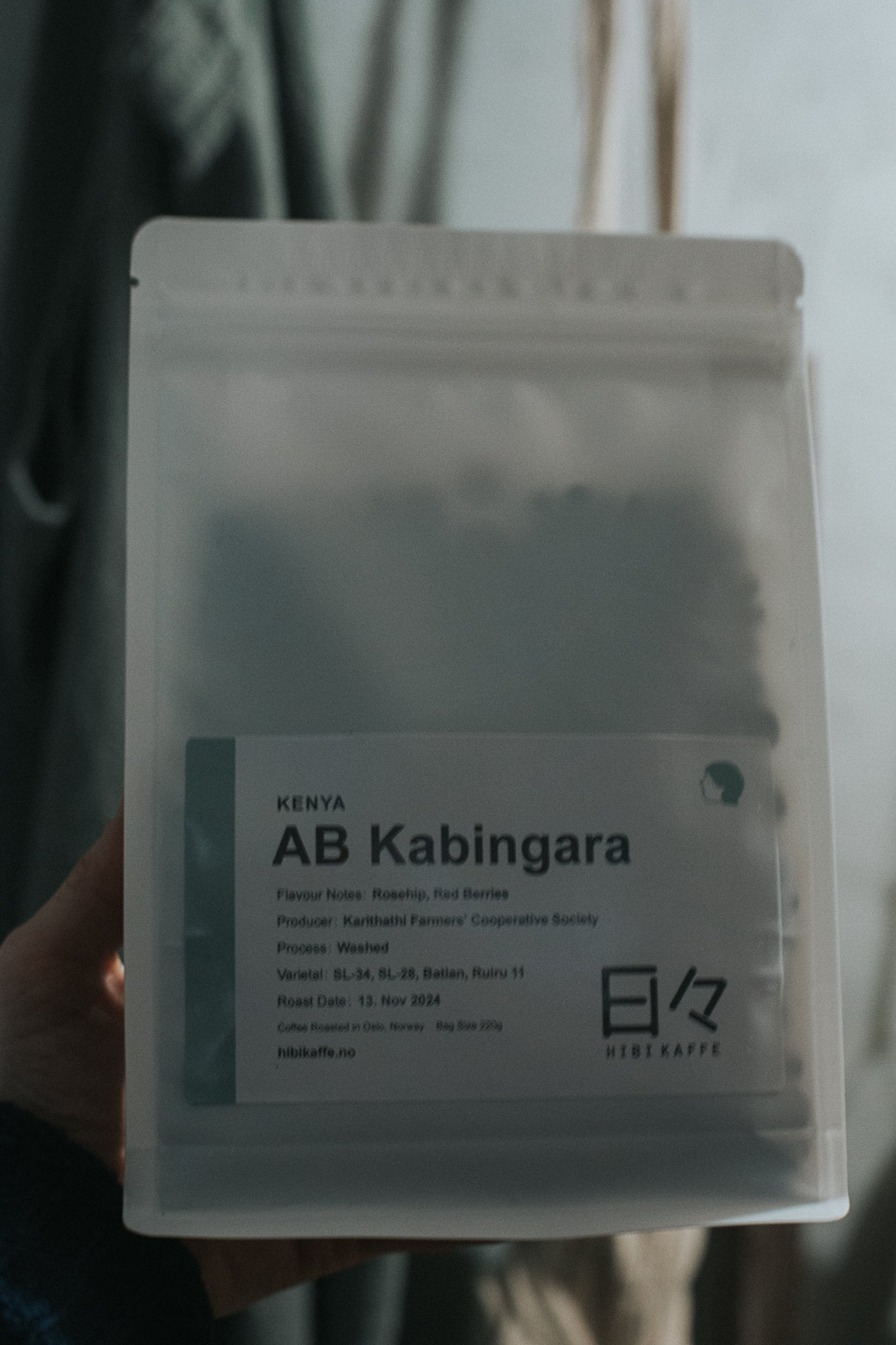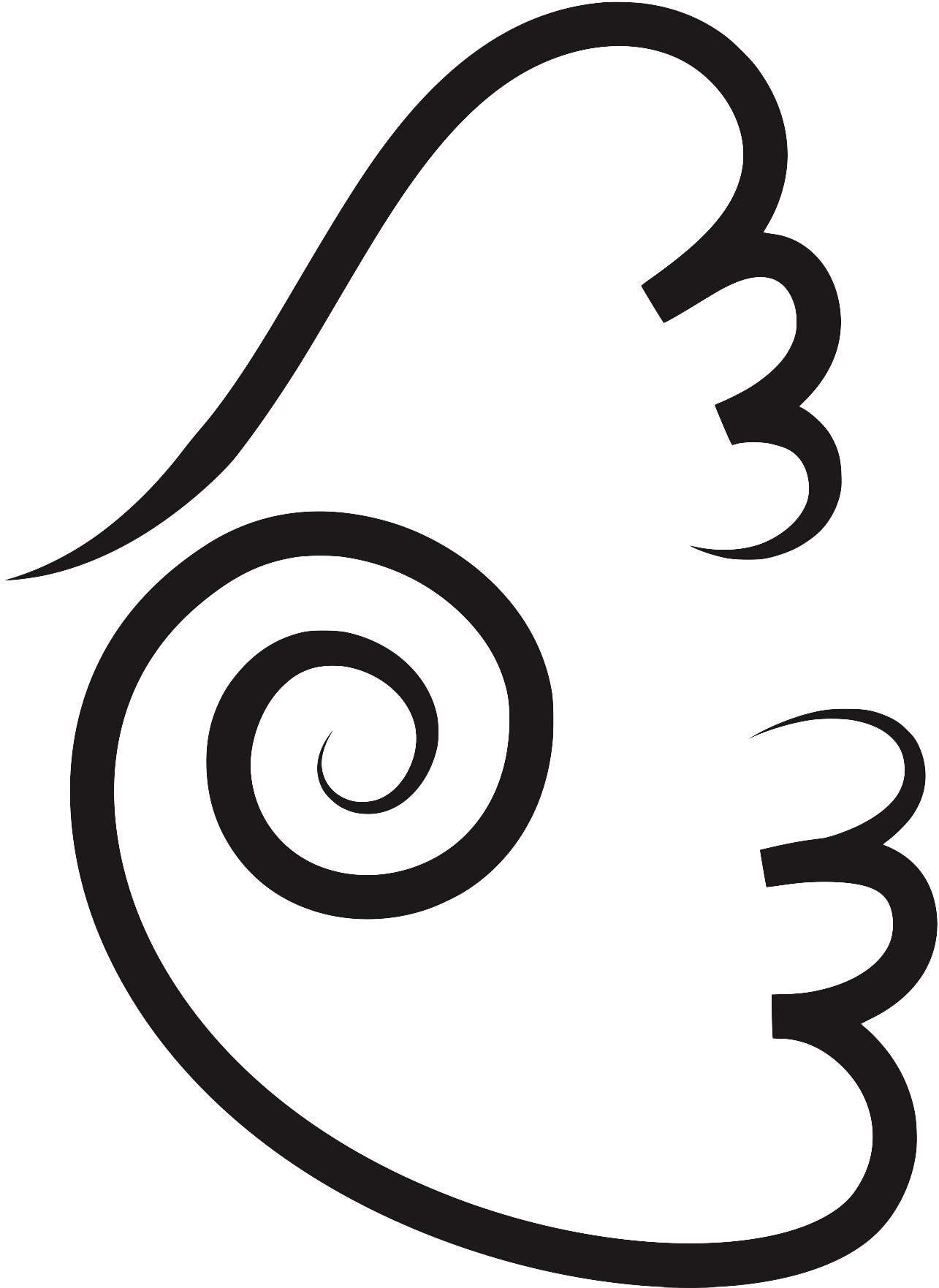ab kabingara - kenya - washed
ab kabingara - kenya - washed
couldn't load pickup availability
Ayae Maki Fredheim is originally from Japan. She moved to Norway with her husband in 2013. That is when she discovered her love for coffee and her passion for roasting started blossoming. Aya started as a barista at a café in Oslo in 2014, began roasting in 2018, and became the head roaster in 2019. She remained in that role until 2023 when her son was born. Motherhood has a certain way about empowering women to follow their dreams. Aya started her own roastery, and after months of planning, she officially launched Hibi Kaffe in November 2024.
Hibi means daily in Japanese—better coffee for your everyday moments. Basically. Aya says: "Starting this journey has been amazing, and I’m so excited to share it with others!" Equally amazing is the way that our paths crossed and that was a pure coincidence triggered by our common interest in sourdough baking, and Aya and Leif's hevet.no collection of proofing baskets.
This vibrant Kenyan coffee features layers of red berry flavors, bright acidity, and soft floral notes. It’s processed at the Kabingara Factory, managed by the Karithathi Farmers’ Cooperative Society.
about this coffee's origin: Kabingara Factory - Karithathi Farmers' Cooperative Society
The Karithathi FCS is located on the slopes of Mt. Kenya Forest. They operate two washing stations (factories) and have over 4,000 members. Uniform processing methods across all factories ensure excellent quality production. All factories are equipped with tiled washing channels and have replaced wooden drying tables with more efficient metal ones.
The factory managers at Karithathi FCS rotate to different factories every two years. This practice allows them to share knowledge and maintain consistent quality throughout the cooperative.
Kirinyaga County, positioned approximately 192 kilometres northeast of Nairobi, shares borders with the Nyeri and Embu counties. The region offers favorable conditions for coffee cultivation, featuring mineral-rich red volcanic loam soils and elevated altitudes.
harvest: the farmers grow SL 28, SL 34, Batian, Ruiru 11 varieties on red volcanic and clay loam soil. Flowering occurs during March - April and coffee is harvested October – January. The average annual rainfall is 1400mm, and the average temperature is 20.5 °C.
processing: the cherries are initially sorted and then pulped. The parchment is fermented overnight before being washed and graded into P1, P2, P3, P lights, and pods. Finally, the beans are dried on tables for 8-14 days.
crop year: 2024




